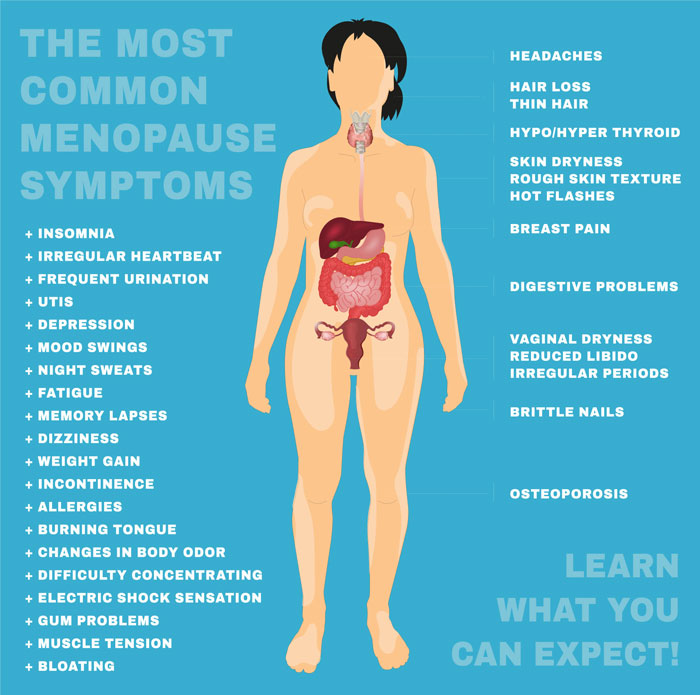
Thrive During the Menopause Transition
The Menopause Transition Rollercoaster– Menopause transition can be like a roller coaster ride. Hormone levels can vary for several years until the ovaries slow down production
Home » Menopausal Symptoms
We often accept that menopausal symptoms are just a fact of life that we need to suffer through. Some symptoms can be normal and are a signal that our hormones are changing and the body needs time to recalibrate. Sometimes however these symptoms can be significant and can affect the quality of life. If you think about it, women can spend 30-40 years in menopause and there is a choice to be made as to how one feels during those years.
Sometimes hormones are imbalanced in relationship to each other and that is a factor in how menopause feels. The average age of menopause is 52 but the transition or peri-menopause can last 4-8 years! That is a long time to be uncomfortable if there are imbalances. In addition, many women go through menopause early for a variety of reasons including surgery.

There are a host of menopause “modifiers” that we consider in Functional Medicine. The food we eat, what we drink, medications, other hormones such as adrenal and thyroid may be playing a role in how we experience menopause. In addition, blood sugar balance and the gut bacteria / microbiome, toxins, and our baseline physical activity all can factor in to the menopause transition. At Sparkle, we look to see which of these factors are affecting you and your symptoms.
Hot flashes are more than just an annoyance. For sure it is a quality of life issue but there is also an association with cardiovascular disease. Sleep disturbances with menopause affect every aspect of health and menopause can even be associated with mood disorders and cognitive decline. For those reasons we should discuss if what you are experiencing is normal transition or a signal of other problems that we may be able to prevent in the future.
At Sparkle, we prioritize of course lifestyle interventions to support menopause transition. These lifestyle factors can include nutrition, stress management and exercise. We also consider herbal and botanical interventions, bio-identical hormone replacement therapy and pharmaceuticals when indicated.
Related Articles

The Menopause Transition Rollercoaster– Menopause transition can be like a roller coaster ride. Hormone levels can vary for several years until the ovaries slow down production

Hypothyroidism or an under-producing thyroid gland is a disease of women. A woman is 5-8 times more likely to develop hypothyroidism in her lifetime than a man.